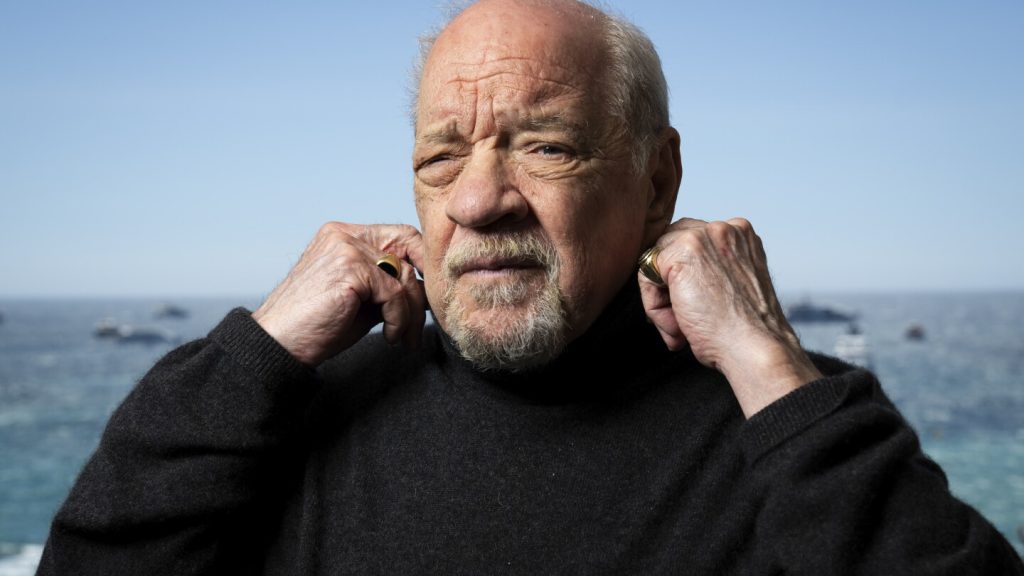Legendary filmmaker Paul Schrader makes a triumphant return to the Cannes Film Festival after a string of hospitalizations due to long COVID, with a renewed sense of urgency to complete his projects. In a recent interview, the 77-year-old director reflected on the passage of time and the creative spark that continues to drive him forward. Despite previous declarations that certain films would be his last, Schrader finds himself continually inspired by new ideas and a desire to keep making movies. His latest project, “Oh, Canada,” based on Russell Banks’ novel “Foregone,” marks a significant moment in his career.
“Oh, Canada,” which is being presented at Cannes, brings Schrader full circle as he explores themes of mortality and self-reflection through the lens of a revered filmmaker nearing the end of his life. The film serves as a spiritual sequel to Schrader’s earlier work, “American Gigolo,” and reunites him with actor Richard Gere after several decades. The story follows Gere’s character, Leonard Fife, as he reflects on his life and career, offering viewers a glimpse into the complexities of artistic passion and personal sacrifice.
Schrader’s ability to navigate the independent filmmaking landscape has been a defining feature of his recent work, allowing him greater creative control and the freedom to experiment with different storytelling styles. Through films like “The Canyons,” Schrader has demonstrated a willingness to take risks and push boundaries in pursuit of his vision. While he acknowledges the challenges of the current film industry, Schrader remains committed to engaging with contemporary cinema and supporting emerging voices in the medium.
As a key figure in the New Hollywood movement of the 1970s, Schrader offers a unique perspective on the evolution of cinema and the enduring power of storytelling. His extensive body of work, which includes acclaimed films like “Taxi Driver” and “First Reformed,” continues to resonate with audiences worldwide. With “Oh, Canada,” Schrader demonstrates his ongoing commitment to cinematic excellence and his willingness to tackle provocative themes with honesty and depth.
While the film industry undergoes significant changes in the digital age, Schrader remains a steadfast advocate for independent filmmakers and the artistic merit of challenging, thought-provoking cinema. His unwavering dedication to his craft and his ability to adapt to new technologies and distribution models have positioned him as a leading voice in the global film community. As he premieres “Oh, Canada” at Cannes, Schrader’s presence serves as a reminder of the enduring legacy of his work and the continued relevance of his storytelling in a rapidly changing world.
As the interview with Schrader comes to a close, the filmmaker reflects on the current state of the film industry, noting both the opportunities and challenges that exist for filmmakers today. Despite the hurdles he has faced in his own career, Schrader remains optimistic about the future of cinema and the endless possibilities that creativity and innovation can offer. With “Oh, Canada,” he invites audiences to join him on a journey of self-discovery and artistic exploration, reminding us of the timeless appeal of great storytelling and the enduring power of filmmaking to inspire and provoke thought.


